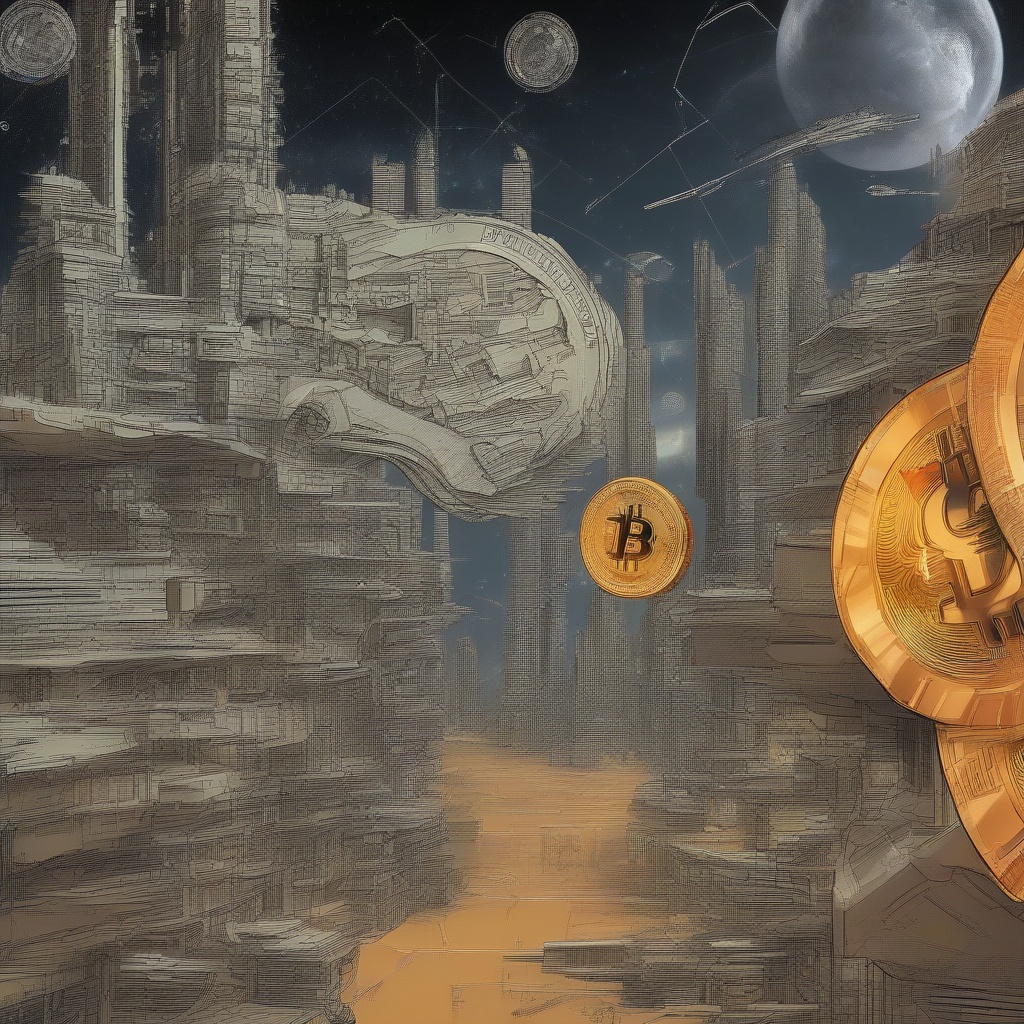Is crypto a property?
In the ever-evolving landscape of digital currencies and blockchain technology, the question of whether cryptocurrency constitutes a property remains a contentious issue. Could you elaborate on the various arguments surrounding this debate? Is crypto simply a digital representation of value, or does it possess the attributes of tangible assets? Does it fall under the legal definition of property in different jurisdictions? How are the rights and responsibilities of cryptocurrency owners defined? Furthermore, how does the treatment of crypto as a property impact taxation, regulation, and its potential role in the financial system? I'm keen to hear your insights on this complex and fascinating topic.

Is cryptocurrency a “property” in English case law?
In English case law, does the concept of 'cryptocurrency' fall under the category of 'property'? Given the digital and decentralized nature of cryptocurrencies, it's a complex question that requires delving into the nuances of property rights, ownership, and legal precedents. Does the law consider cryptocurrencies as tangible assets, intellectual property, or something entirely different? Are there any landmark cases that have established a precedent in this domain? How are courts and regulators approaching this rapidly evolving field, and what challenges remain in clearly defining cryptocurrencies' legal status as property?

Is cryptocurrency a property?
Could you please elaborate on whether cryptocurrency should be classified as a property or not? It's an emerging asset class that has gained significant attention in recent years, yet its legal status remains ambiguous in many jurisdictions. Some argue that it possesses the characteristics of a traditional asset, such as being transferable and having a value that can fluctuate. However, others contend that its decentralized nature and lack of physical form make it distinct from traditional properties. Could you discuss the key arguments for and against considering cryptocurrency as a property, and how this classification could potentially impact investors, regulators, and the overall crypto market?

How do you Tokenize a property?
Could you elaborate on the process of tokenizing a property? Specifically, what steps are involved in converting a tangible asset into a digital token? Do you need to conduct a thorough valuation of the property first? Are there any legal considerations that must be taken into account? Additionally, what platforms or services do you typically utilize to tokenize a property, and how secure are these platforms? Finally, what are the potential benefits of tokenizing a property, and how do these benefits compare to traditional methods of investing in real estate?

What type of property makes the most money?
Could you please elaborate on what kind of property typically generates the highest income? Is it commercial real estate, residential rentals, or perhaps agricultural land? And what factors contribute to its profitability? Does location play a significant role? Are there certain market conditions that favor one type of property over another? Also, what are the risks involved in investing in such properties, and how can they be mitigated? Finally, would you recommend diversifying investments across different types of properties to minimize risks and maximize returns?

